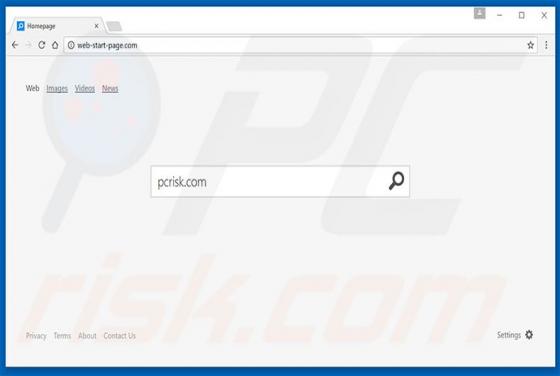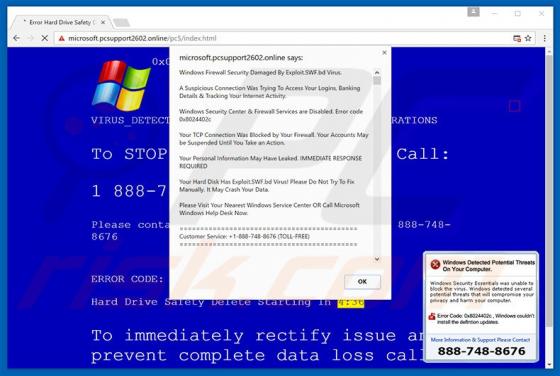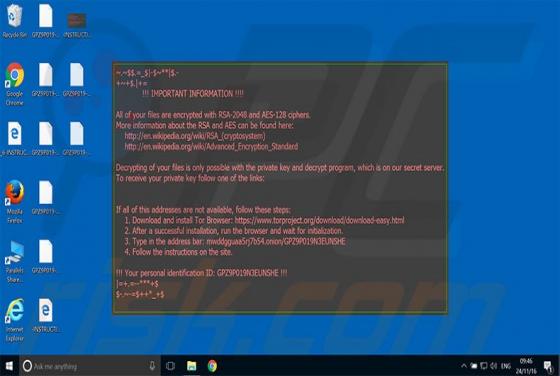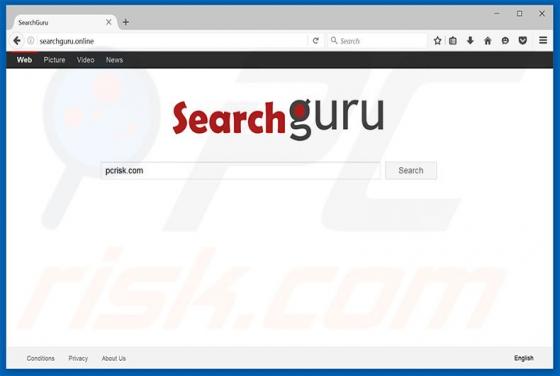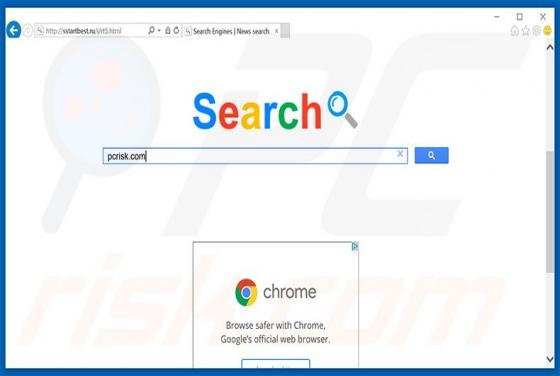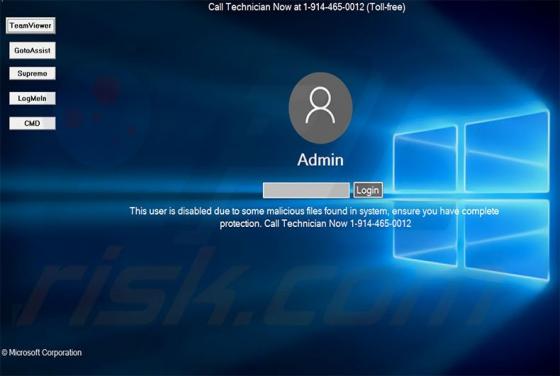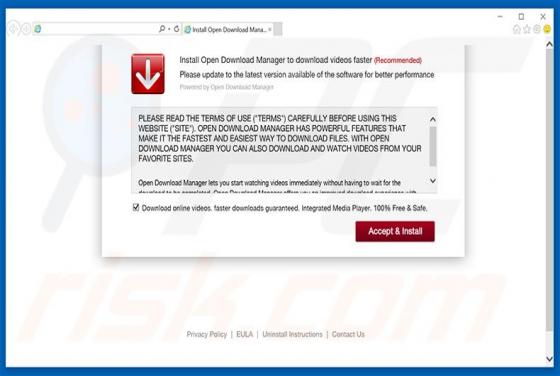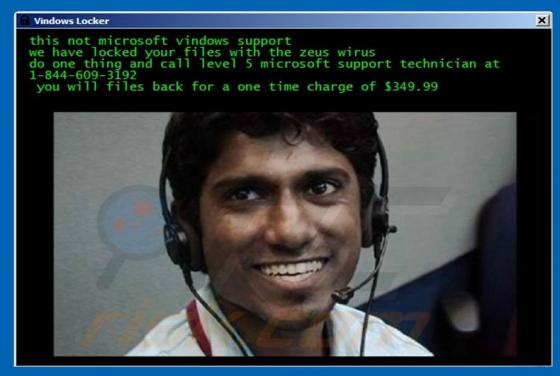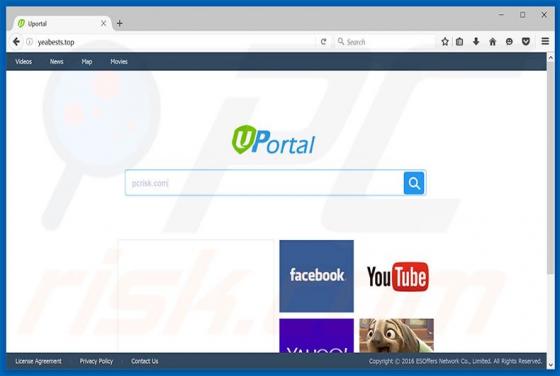
Yeabests.top Redirect
yeabests.top is a fake Internet search engine claiming to generate improved search results. Judging on appearance alone, yeabests.top may seem very similar to Bing, Google, Yahoo, and other well known search engines. Therefore, many users believe that yeabests.top is also legitimate. In fact, dev
